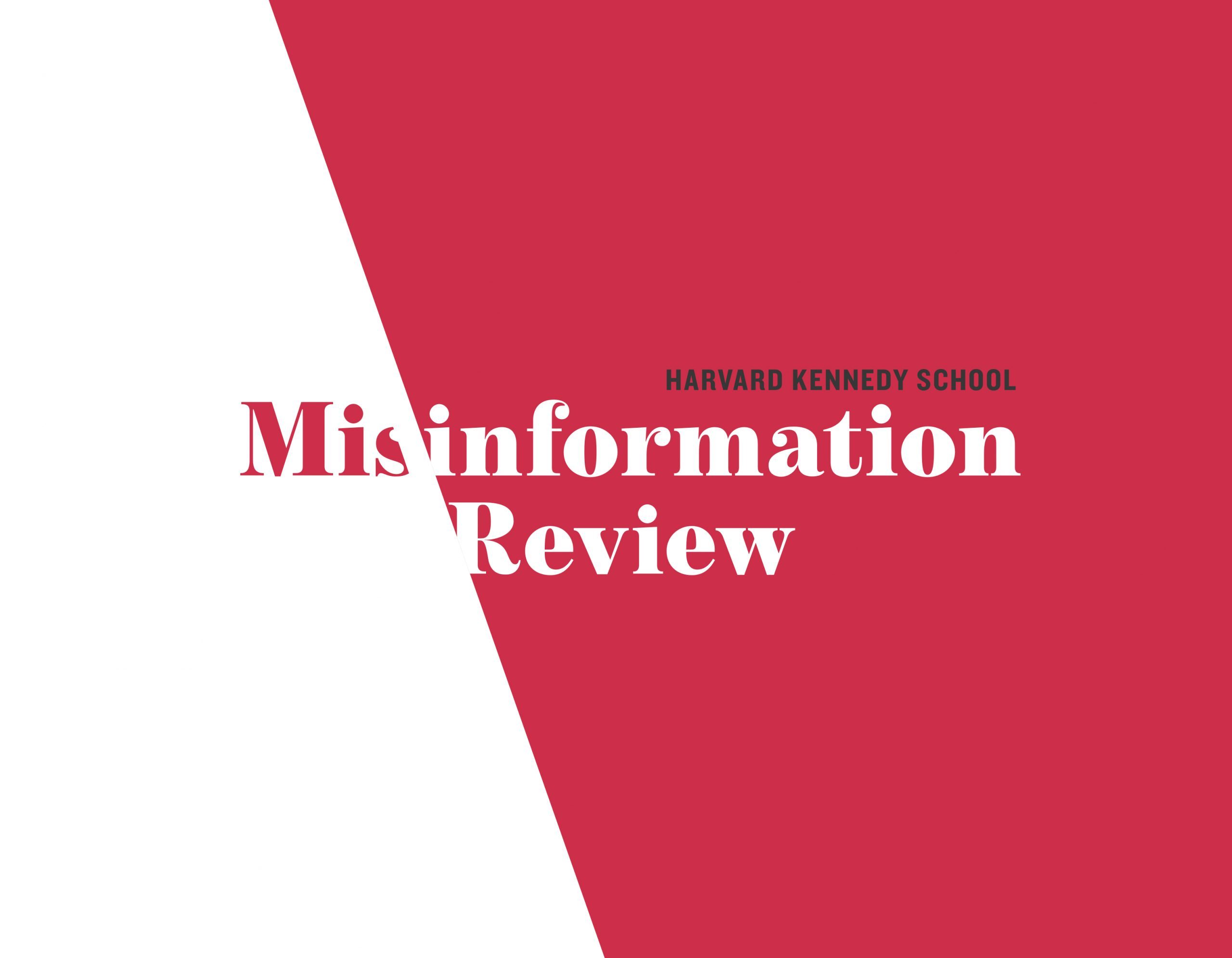As the 2020 campaign unfolded, with a mix of extraordinary embellishments and outright falsehoods, President Trump’s attacks on the integrity of the U.S. electoral system grew louder and more frequent. Trump-aligned Republican candidates have since advanced similar false claims in their own campaigns in the lead-up to the 2022 midterm elections. Scholars, election officials, and even fellow Republican leaders have voiced concerns that Trump’s rhetoric represents a profound threat to the well-being of U.S. democracy. To investigate the capacity for fact-checking efforts to repair the damage incurred by election-related misinformation, in the weeks before the 2020 election, the researchers fielded a survey experiment on a nationally representative sample to test whether exposure to fact-checks of Trump’s false claims increased participants’ confidence in the integrity of the U.S. election and affected their voting behavior. Although our pre-registered analysis offered no evidence that corrections affect voting behavior, our findings do show that exposure to these fact-checks can increase confidence in the integrity of the 2020 U.S. election. However, the effects varied significantly by partisanship, with these changes concentrated among Democrats and Independents.
Read the survey results in Harvard's Misinformation Review website.


